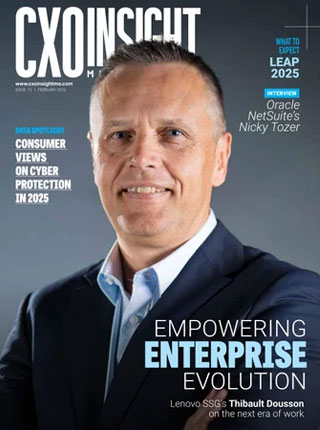The African Telecommunications Union (ATU) has signed a Memorandum of Understanding (MoU) with Ericsson to help fast track rollout of technology across the continent. According to ATU, a specialised agency of the African Union in fostering the growth of ICT in Africa, The MoU will support the growth of ICT as critical infrastructure for the 21st century and help set the foundation for social and economic progress in the continent. In the understanding, the two organisations look towards promoting global and regional coordination and harmonisation of spectrum usage to encourage economies of scale and maximise the affordability for all users in Africa.
“Our collaboration with Ericsson is geared towards connecting, innovating and transforming the continent into a knowledge economy,” said John OMO, Secretary-General of the ATU. OMO who spoke during the signing of the MoU in Nairobi, Kenya, further noted that it is imperative for economies across the continent to become more competitive, agile, open and innovative in order to leverage ICT innovations to transform African nations into smart economies.
Lauding the partnership with ATU, Fadi Pharaon, President of Ericsson Middle East and Africa, says: ” Our collaboration with the African Telecommunications Union (ATU) will focus on spectrum management strategies. Leveraging our global experience working on spectrum management, we aim to share global best practices that will ensure efficient use of scarce resources and allocation of new spectrum. This will yield societal benefits that will enable a more connected and knowledge-based society in Africa.”
This move comes at a time when Africa continues to experience unprecedented growth in mobile broadband, with traffic, subscriptions, and ownership of devices growing at exponential rates. The continent has emerged as one of the strongest adopters of innovation, with a rapid rise in the usage of technology and smartphones. According to a November 2019 Ericsson Mobility Report, by 2025, Sub-Saharan Africa mobile broadband subscriptions will increase to about 70% of mobile subscriptions, with increased 4G coverage and uptake being the main engine. Driving factors behind this shift include a young and growing population and the availability of lower-priced smart and feature phones.
Developing countries today face the prospect of robust economic development given that mobile communications users now greatly outnumber those using fixed-line telecommunication services. With the radio spectrum a limited resource, the number of services and users that can be accommodated in any given part of the spectrum, remains limited, even in the digital world. Therefore, the harmonised and globally aligned frameworks as envisaged in the partnership between ATU and Ericsson will assist African countries in spectrum management activities that will facilitate cost-efficient roll-out of ICT.










Discussion about this post